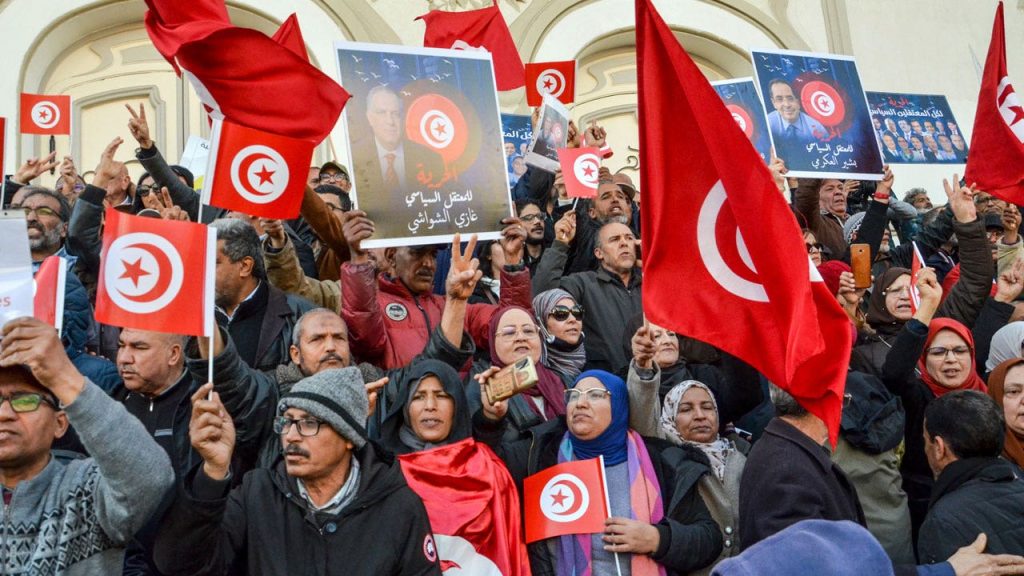A journalist and political commentator in Tunisia, Mohamed Boughalleb, was sentenced to six months in prison for insulting a public official. He had been arrested after questioning the civil servant’s trips abroad with the Minister of Religious Affairs, accusing him of corruption and misuse of public funds. Boughalleb was charged with violating defamation laws in Tunisia’s penal and telecommunications code. This is the latest assault on members of the media who criticize the government, with around 20 journalists facing similar charges this year.
Critics of the government, including Boughalleb and other journalists, have raised concerns about the political nature of these legal actions. The sentence against Boughalleb has been denounced as an assault on freedom of expression, with many Tunisians questioning the government’s pursuit of its critics as President Kais Saied prepares for a second term. This crackdown on journalists is part of a larger trend of restrictions on civil liberties in Tunisia, with more than 20 activists and politicians critical of Saied already imprisoned for over a year on charges of plotting against state security.
Saied, who won the presidency on an anti-corruption platform, has since suspended parliament, rewritten the constitution to consolidate his power, and curtailed the independence of the judiciary. This has allowed the government to more aggressively target and arrest journalists, cartoonists, and political opponents. The pattern of silencing free voices and preventing journalists from doing their job has raised concerns among human rights advocates and media organizations in Tunisia. The pursuit of journalists and critics comes as Saied is expected to seek a second term in a yet-to-be-scheduled election.
The crackdown on journalists and political opponents in Tunisia echoes similar actions seen in other countries facing authoritarian rule. The targeting of those who criticize the government or its officials is a common tactic used by authoritarian leaders to maintain control and suppress dissent. The imprisonment of Mohamed Boughalleb and other journalists is part of a broader trend of restricting civil liberties and freedom of expression in Tunisia, where the government has increasingly sought to silence voices of dissent and criticism.
As Tunisia grapples with political unrest and instability, the targeting of journalists and critics is likely to continue as President Saied seeks to consolidate his power and silence opposition. The imprisonment of Mohamed Boughalleb and the assault on freedom of expression in Tunisia reflects a troubling trend of government repression and censorship in the country. In the face of these challenges, human rights advocates and media organizations must continue to speak out and defend the rights of those who are targeted for their critical voices and opinions.


